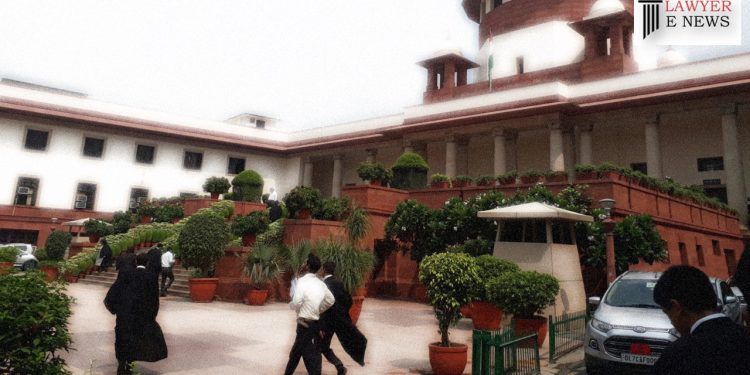Judicial Review in Electricity Act Appeals: Limited Scope for Interference: Supreme Court

In a recent judgment, the Supreme Court reiterated the limited scope for interference in appeals under Section 125 of the Electricity Act. The court emphasized that such appeals can only be entertained on substantial questions of law and generally do not permit the reopening of findings of fact.
The judgment, which was delivered in a case involving a dispute under the Electricity Act, underscores the principle that appeals under Section 125 are primarily concerned with matters of law rather than factual disputes. The court observed that these appeals are subject to strict limitations, allowing the judiciary to intervene only when substantial questions of law arise.
The Supreme Court highlighted that judicial review under Section 125 of the Electricity Act has limited scope. The Court specified that appeals are permitted only on “substantial questions of law,” and factual findings are generally not subject to judicial scrutiny.
The Court elaborated on the quasi-judicial nature of the Commission’s powers under Sections 61 and 62 of the Electricity Act. It emphasized that while tariff determination is legislative in nature, it is still subject to appeal.
The qualifications and expertise of members of the Commission and Appellate Tribunal were acknowledged, as the Court underscored the need to respect factual findings made by these bodies.
The Court raised questions on the propriety and legality of the Commission appealing against its own orders in quasi-judicial matters.
The right of DISCOMS to challenge the Commission’s tariff orders was affirmed, thereby establishing their locus standi in related cases.
The Court clarified that the principal loan amount should not be passed through the bulk supply tariff more than once, thereby ruling out any possibility of “double-counting.”
The Court addressed the classification of export earnings as revenue, emphasizing that their treatment in tariff determination should be consistent with past approaches.
The Court emphasized the necessity of a proportionate increase in Simultaneous Maximum Demand (SMD) corresponding to increased power purchases.
The Court directed the Commission to conduct truing-up exercises for earlier financial years to reconcile any discrepancies in financial reporting.
Finally, the Court ordered a de novo examination of the Annual Revenue Requirement (ARR) and Bulk Supply Tariff (BST) for the financial year 2006-2007.
These landmark decisions serve as a critical guide for all stakeholders involved in the electricity sector. Experts suggest that a thorough understanding and implementation of these rulings are imperative for future operations and legal compliance.
Date of Decision: 05 October 2023
GRIDCO Ltd. vs Western Electricity Supply Company of Orissa Ltd. & Ors. etc.




